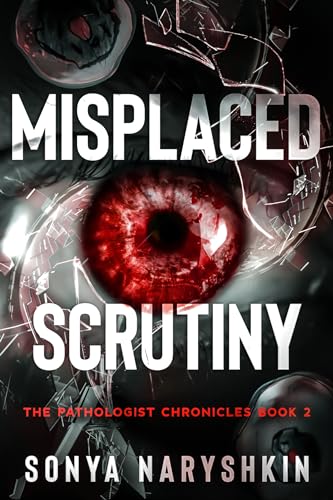Although much of the growing digital economy rests on the Internet and World Wide Web, which in turn rest on information technology standards, it is unclear how much longer the current momentum can be sustained absent new standards. To discover whether today's standards processes are adequate, where they are taking the industry, and whether government intervention will be required to address systemic failures in their development, RAND undertook five case studies. So far, it seems, the current standards process remains basically healthy, with various consortia taking up the reins of the process, and the rise of open-source software has also aided vendor-neutral standardization. Nevertheless, the prospects for semantic standards to fulfill XML's promise are uncertain. Can the federal government help? Its policy on software patents clearly merits revisiting.


